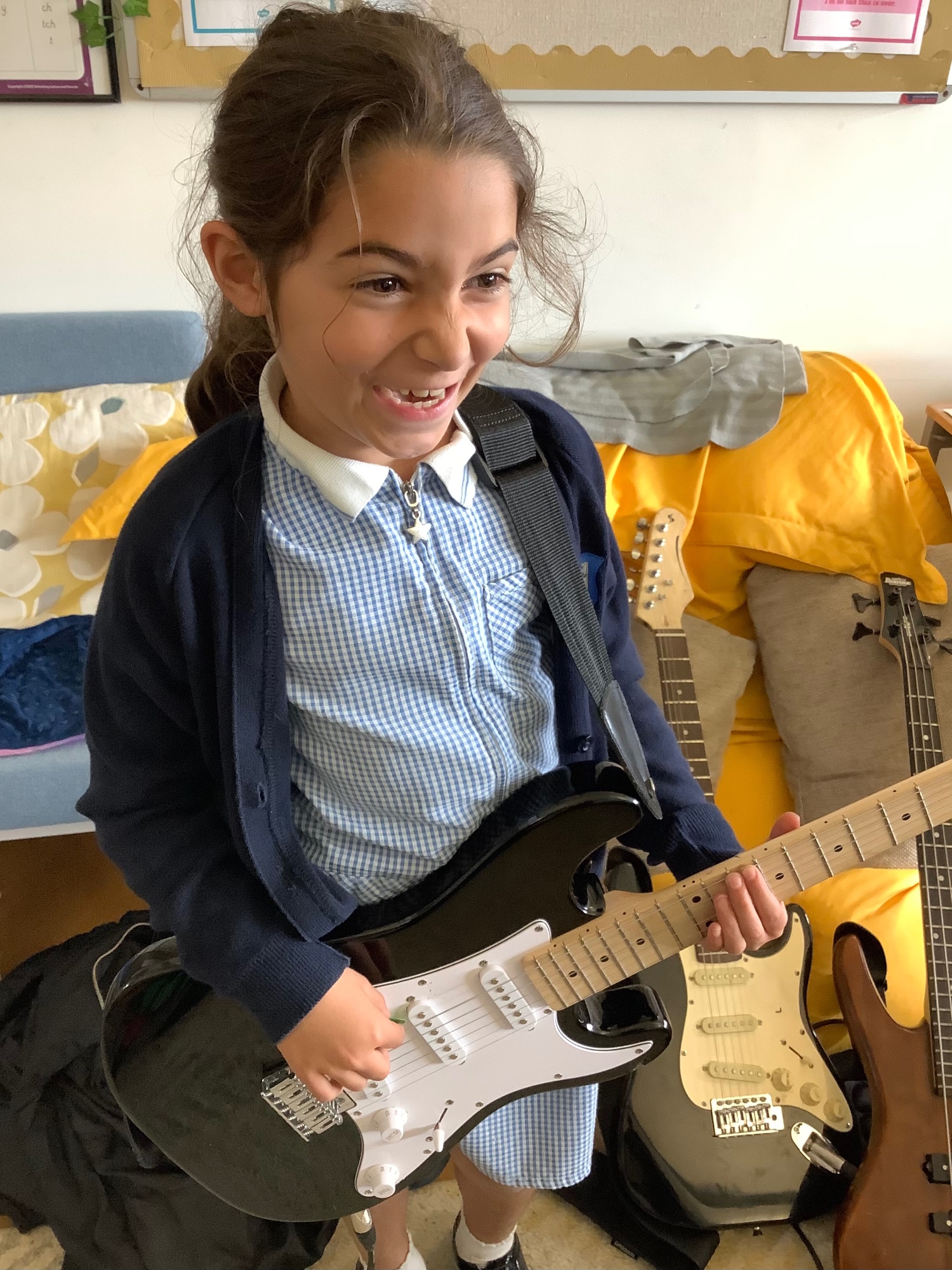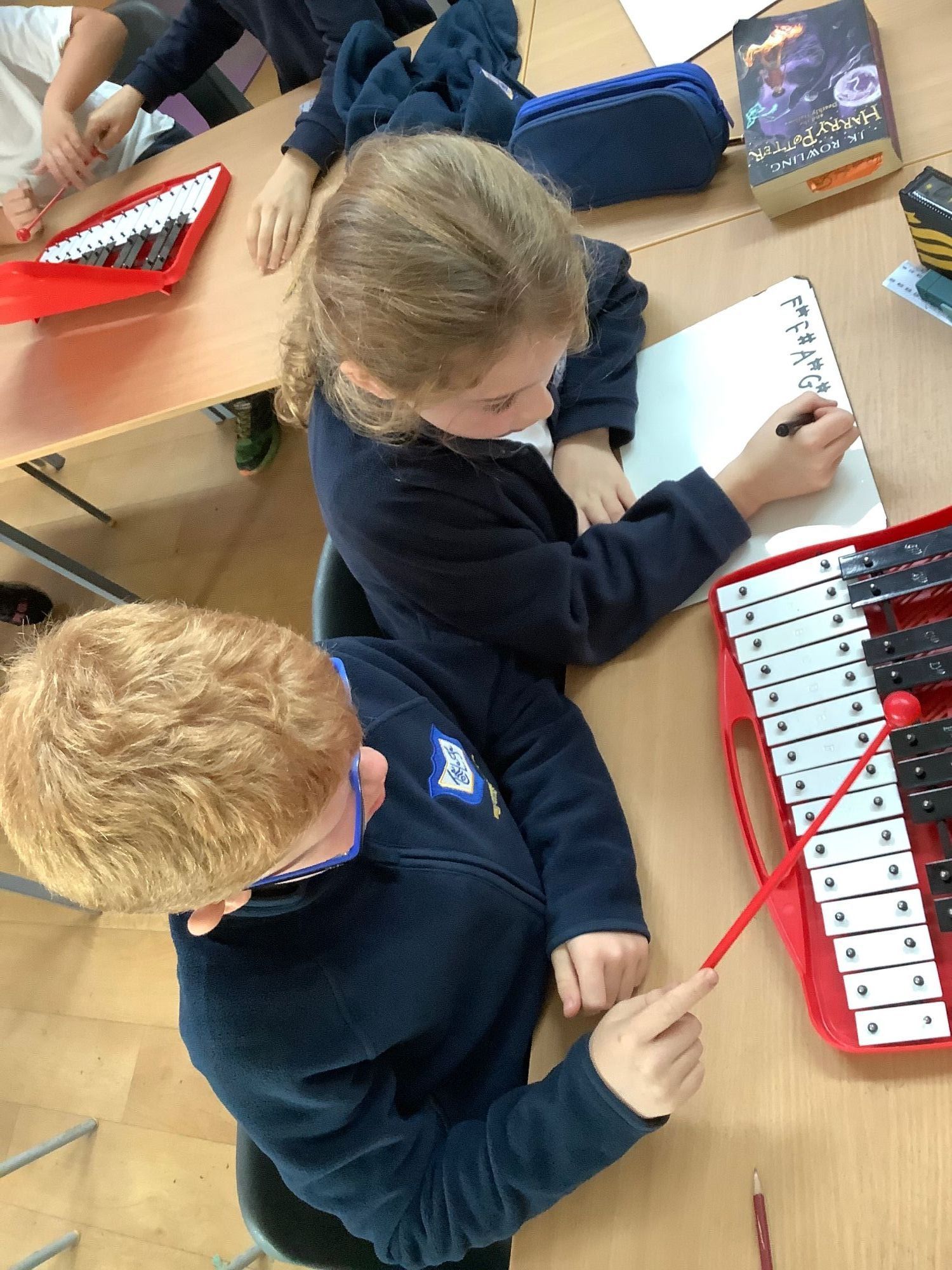Music
This page is currently awaiting content
INTENT
At St Augustine’s Catholic Primary School, we are passionate that music should be embedded in the heart of our community. We understand that active music-making is an amazing tool for creating a positive learning environment, as well as helping pupils to improve cognitive development, emotional well-being, and social skills and collaboration.
Our intent is to provide our children with as many opportunities as possible to develop musical knowledge, skills and a love of music. Music is not merely an extracurricular activity; it is a fundamental component of a well-rounded education.
IMPLEMENTATION
In our school we use Kapow Primary for our music curriculum, which ensures that the children are exposed to diverse musical genres and a wide range of styles. We combine music listening and theory lessons with practical sessions where students can listen to music, learn about the history of music, compose, perform and sing. They learn about the inter-related dimensions of music: pitch, duration, dynamics, tempo, texture, structure and timbre. Ofsted require that primary school children are exposed to music for one hour a week. We achieve this through class lessons, singing assemblies and by always thinking of smart ways to bring music into our classrooms.
Often we will make maths lessons more exciting by singing tomemorise or use music and movement to signal classroom transitions or to give the class brain brakes. Other times, we may explore the context of historical songs or use music to create a calm learning environment in certain lessons like art. We also provide our children with other music opportunities, such as being part of our choir, having guitar, piano or violin lessons, as well as being able to join in lessons with Rock Steady, which is the leading provider of in-school band lessons for primary age children, creating fun, individuality and creativity.
IMPACT
On a lesson-by -lesson basis, the Kapow Music scheme of work has a list of key questions to check pupils' understanding, and lists of things to look out for to show that pupils have a secure understanding, or are working at greater depth. The in-built Kapow Primary assessment system will regularly help the teacher and pupils recall what the children have learnt, not just in the lesson being taught, but also in previous lessons. We also believe as a school that the assessment of musical learning should be rooted in the reality of the musical activity that the children undertake: the musical attainment that they have evidenced in a range of learning activities which they have been singing, playing, performing, composing and listening.

